There is another Swiss astronaut: Marco Sieber from Berne (see “Swiss Review” 2/2023). But he has yet to visit space. Nicollier is thus still the only Swiss person to have experienced weightlessness, for example. It’s not usually the first thing that comes to mind when thinking about space travel. Still, as simulations of space missions (see report on page 18) show, prolonged weightlessness cannot be replicated here on Earth.
Claude Nicollier, when and how does weightlessness kick in when going into space?
When the space shuttle reaches orbit and the engine cuts off, you become weightless all of a sudden. Many people don’t feel well during the first few hours, like being seasick. Once your body adjusts, you can enjoy it.
How do you enjoy it?
You can walk wherever you want instead of having to stay on the floor. You can walk on the ceiling or the wall. It’s a wonderful feeling.
And what’s sleeping like?
The space shuttle had sleeping bags, which you could attach to a wall or the ceiling. You can’t just float around while sleeping.
Why not?
You need a certain stability to sleep. Especially for the head. You attach your head to the pillow with a fabric band. It’s the same on Earth: if your head is sticking out over the end of the bed, you won’t sleep.
While repairing the Hubble Space Telescope, you worked with a battery-powered screwdriver. Were you not at risk of suddenly turning yourself instead of the screw?
Yes, that is a risk. That’s why you have to hold onto something with your other hand before using a screwdriver. If you are using both hands, you need to anchor yourself with your feet. As soon as you start expending energy in a state of weightlessness, there is an action and a reaction. You have to practise for that.


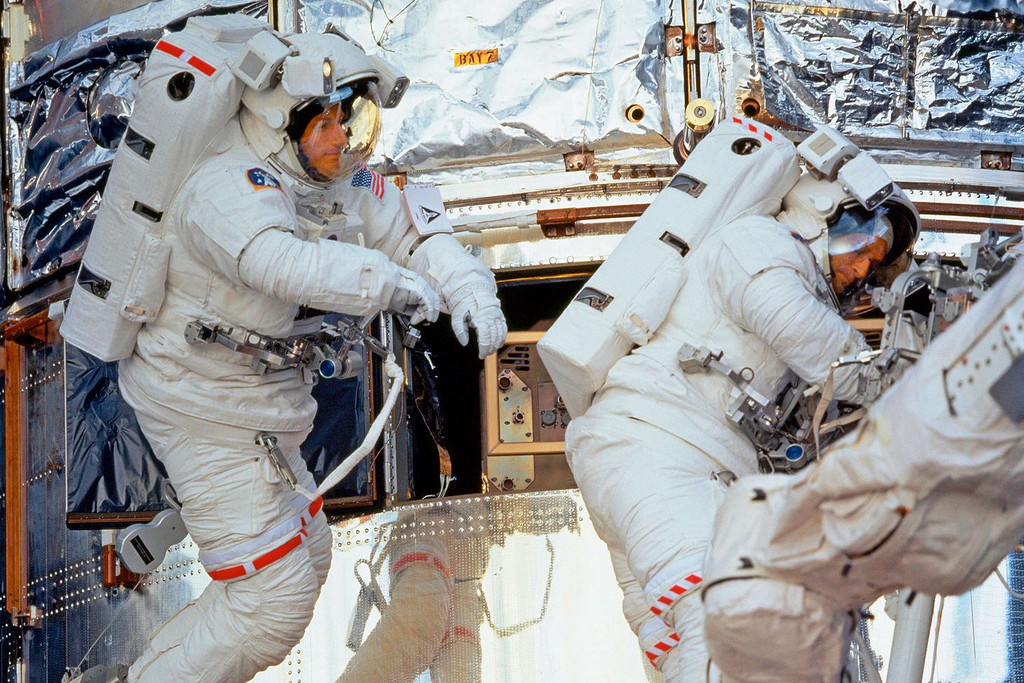

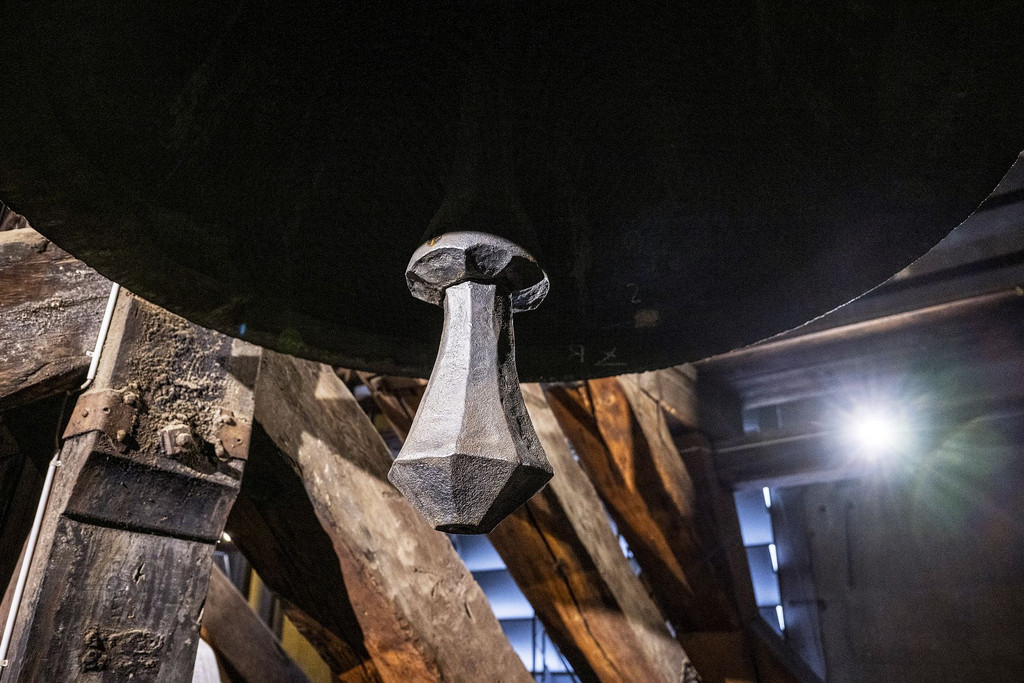






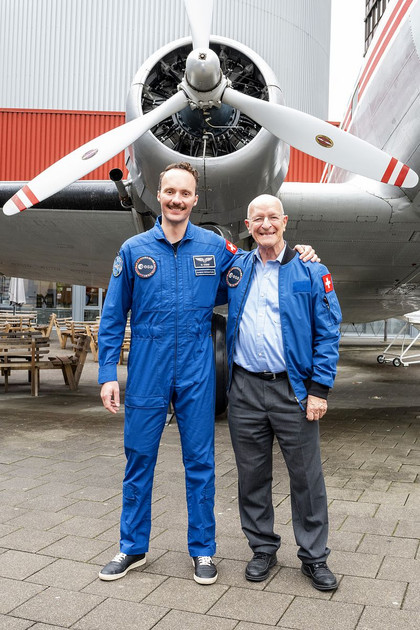
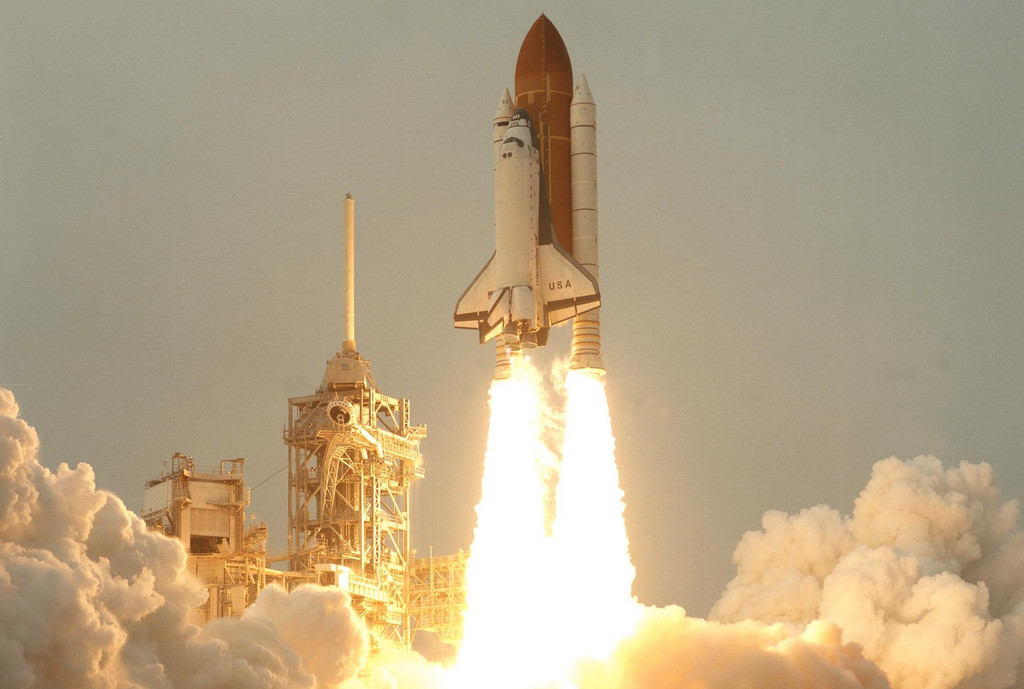
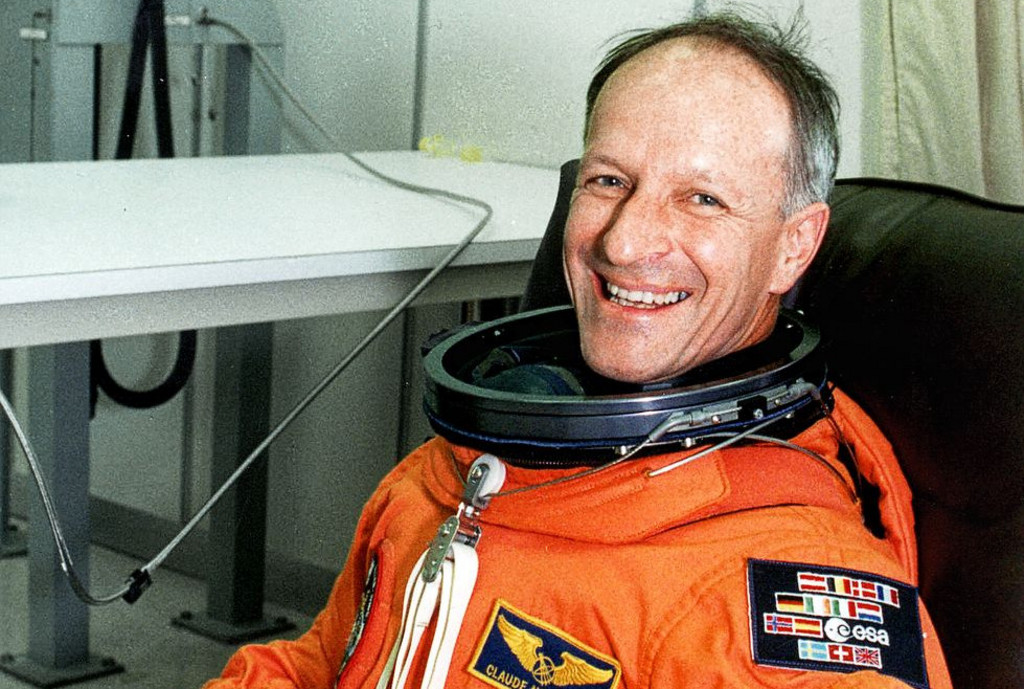
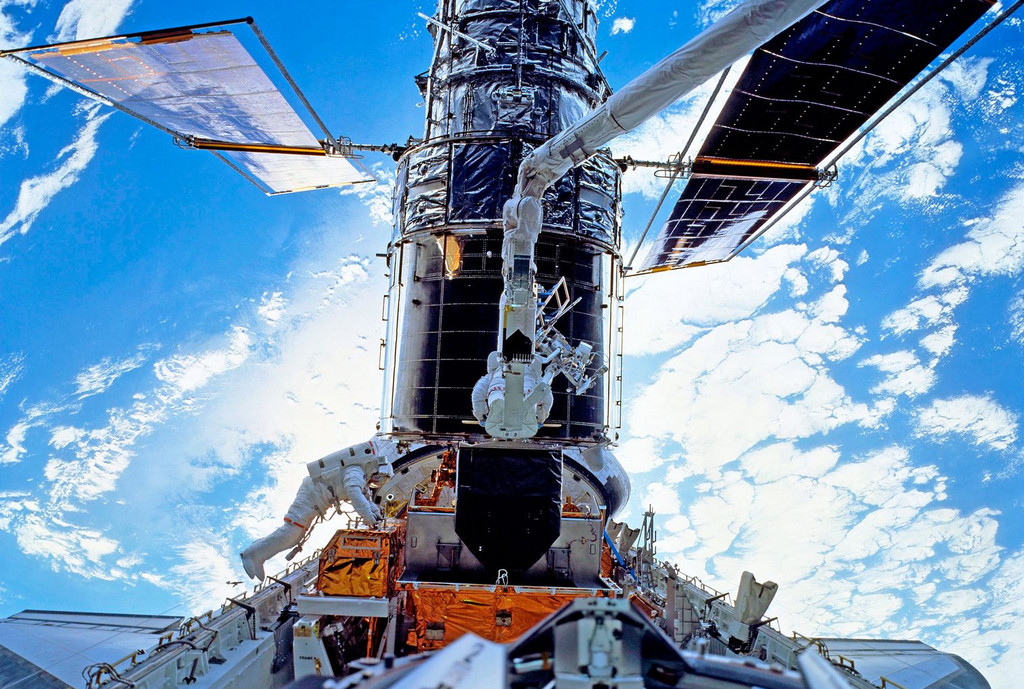
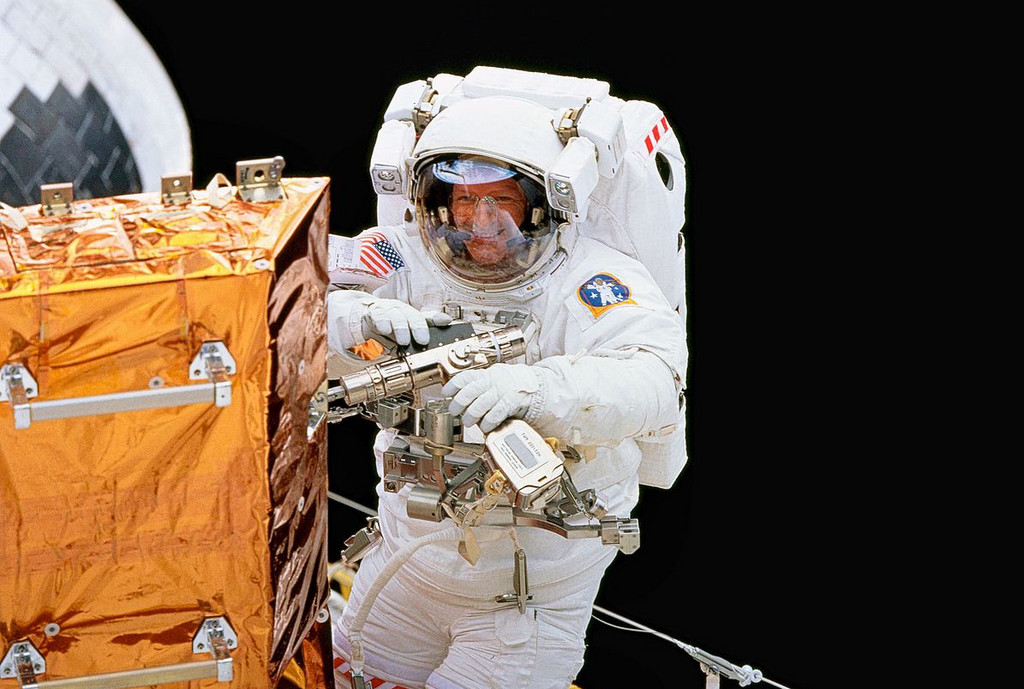
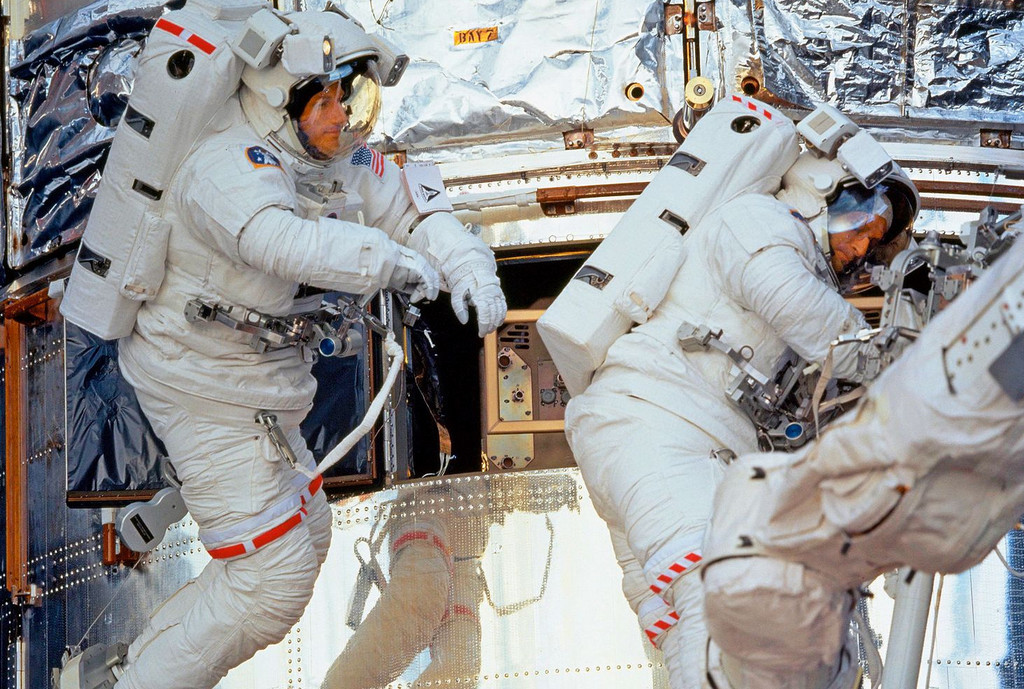
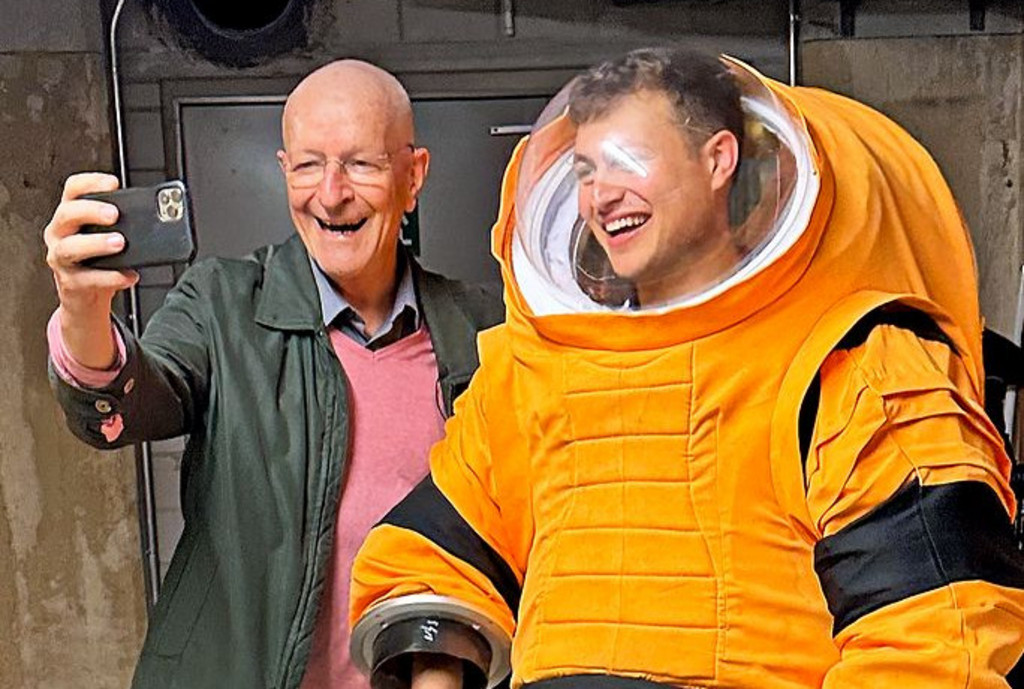

Comments